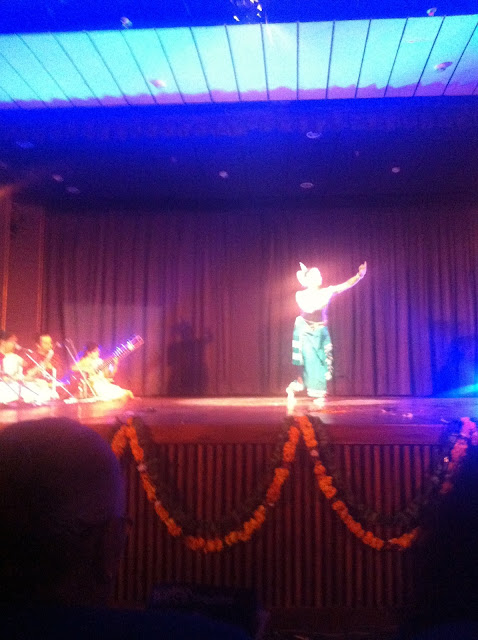Yet
there are on occasions wonderful crimson seeds of exceptional quality and
distinction which stand out in their flowering possibilities to give rise to
new life and zest and pursuit, of truth and beauty, as much as of power and
light and joy… No doubt, in the poem these occur naturally in their substantial
richnesses, exist with their vivid textual background and relevance, in their
respective fitting contexts; isolating them from it might therefore appear
somewhat unusual or atypical if not weird. Yet they do carry in them a firm and
forceful universality which is context-free, which is what aphorismós is.
In
the present work these have been put in the running sequence as they appear in
the main body of the poem. It must also be pointed out that there are quite a
number of lines or passages of various lengths which could have been valuably
included in any proper representative book of quotations; however, this is
generally ruled out because of the indicative pronominal references in them
which do not easily lend themselves to form a part of an unbounded set… There
are in these stanzas pithy concise statements with their universal
implications.]
[The Freedom of the Integral Yoga by August Timmermans
from Posthuman Destinies (reprinted from Collaboration
summer 2012)
I
never thought that this groundbreaking integral yoga could be an extension of
Hinduism or that it would relate to living a religious life that requires
traditional worship of the gurus… It not only surpasses the traditional yogas
with their sole aim of liberation and the old belief systems that take the
afterlife as one’s final destiny – but it bursts out of these confinements and
enters into its own space, free from everything previously thought, envisioned
and tried…
Uniquely,
the integral yoga stands free from history and religion and itself provides the
sublime freedom for each sadhak to follow one’s own way to the realization of
the divine, and the freedom for the collectivity to live and build a spiritual
life that is not prescribed by artificial dogma but inspired by the higher
consciousness that ultimately derives from the living supramental plane and
that clings to nothing but the essential and abiding truth, – leading to the
ultimate goal of the life divine.
Indian Religions: A Historical Reader of
Spiritual Expression and Experience by Peter
Heehs (Sep 1, 2002) A really
good book, March 22, 2004 By A Customer
Before
reading this book I thought I knew a lot about Indian religions… But my
favourite part was reading the modern mystics like Sri Ramakrishna and Sri
Aurobindo and also others like Swami Ramdas. I think everyone could learn a lot
by reading this book even if they think they already know a lot about Indian
religion. And if you don't know anything about it, this is the best
introduction I have ever seen.
Are you Spending your Life Abusing Others Girish Karnad? from The Rediscovery of India by Sandeep B [Note: This is a translation of Pratap
Simha’s piece that appeared in today’s Kannada Prabha.]
Let’s
put this same question to Girish Karnad. Naipaul wasn’t born in India and
didn’t live here. He tried to understand India by travelling through the
land. But Mr. Jnanapith, you who were born here, you who have written in
Kannada, an Indian language, in which play have you written about sculpture, a
vital aspect of Indian culture?
The
history of India
is more truly reflected in her sculpture than in any (history) book. Mr. Karnad
you question Naipaul over music but where have you written
about Indian sculpture in any of your work? How can those who don’t understand
Indian sculpture claim to understand India ? Additionally, in which work
of yours have you written about the Vedas which are so
intricately, inseparably woven into Indian culture and ethos? If you think
these questions are irrelevant, your claim that Naipaul hasn’t written about
Indian music is equally irrelevant. Because he hasn’t written about music, it
doesn’t mean Naipaul hasn’t understood it. Is there a rule
which says that one needs to write about everything one has understood?
A
festival of music and dance to celebrate the lives and poetic compositions of
women bhaktas and sufis (6th to 18th Century AD) 6, 7, 8, 9 November
2012. Daily 6 p.m to 9 pm ICCR audotorium, Azad Bhavan IP Estate, Behind ITO,
New Delhi Program 6th Nov 2012:
1.
Parvathy Baul (Bengali Baul singer)
2.
Rani Khanam (Kathak)
3.
Lakshmi Vishwanathan (Bharatnatyam)




No comments:
Post a Comment